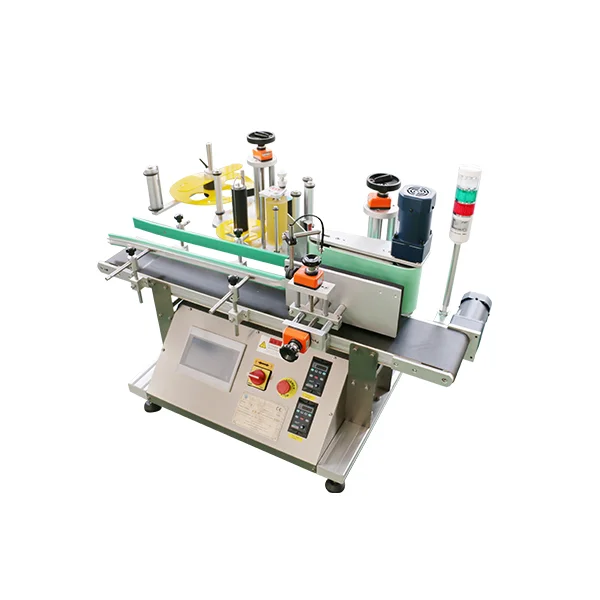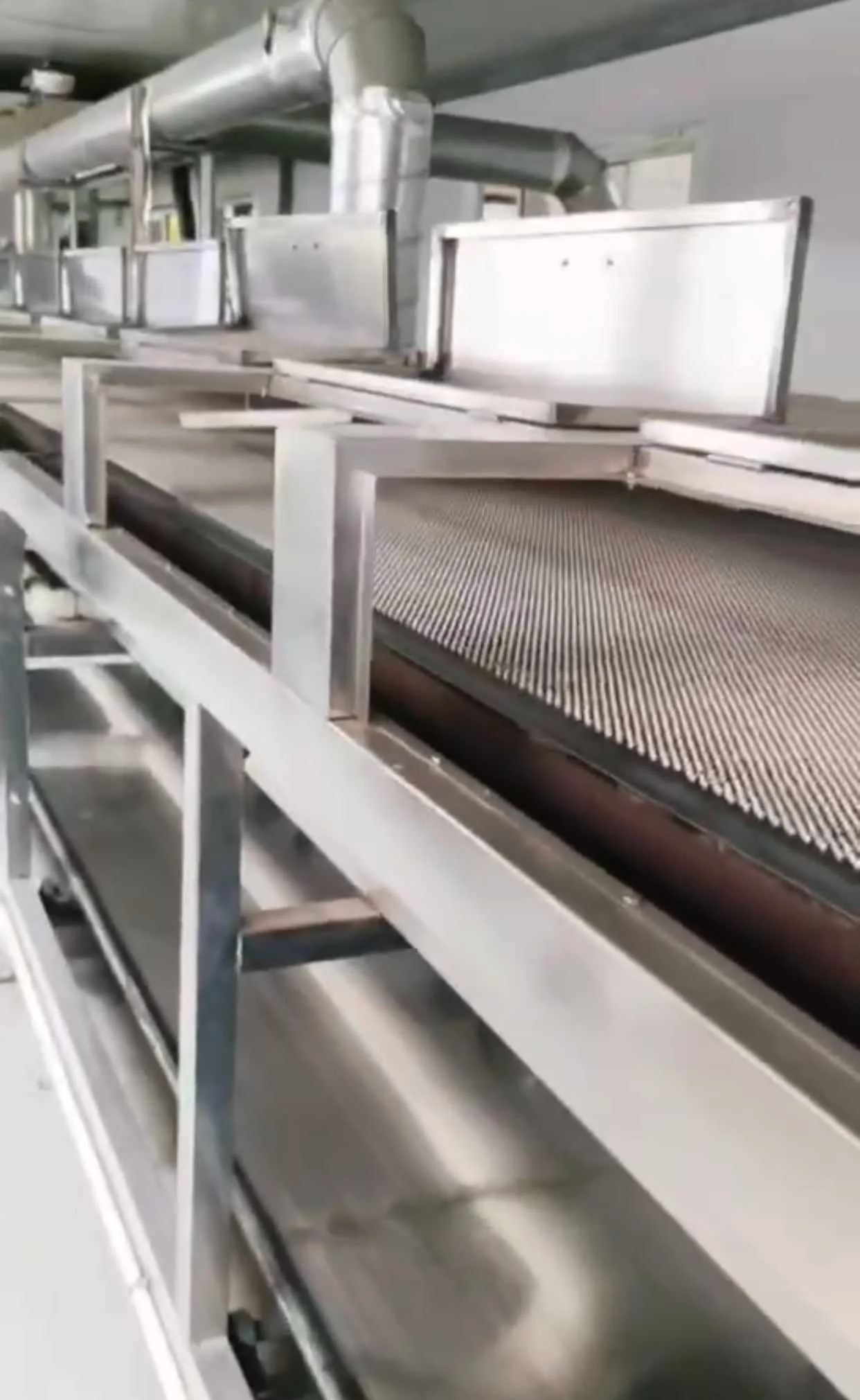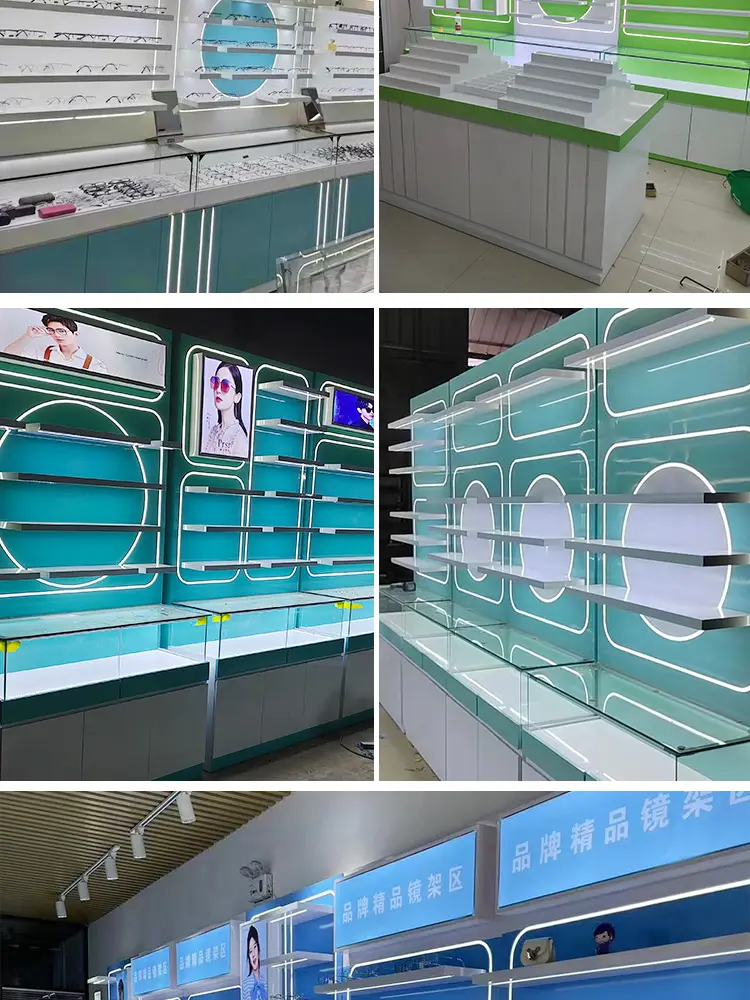
In today's fast-paced world, the terms "industrial" and "commercial" are often used interchangeably. However, they refer to two distinct types of activities that have different applications and requirements. In this article, we will explore the differences between industrial and commercial use, their respective applications, and how they impact our daily lives.
Industrial Use
Industrial use refers to the production of goods and services that are used in the manufacturing, construction, and other related industries. This includes the production of raw materials, machinery, and equipment, as well as the processing of materials into finished products. Industrial use is characterized by large-scale production, high levels of automation, and specialized equipment and facilities.
Examples of industrial use include the production of steel, chemicals, and electronics. These industries require specialized equipment and facilities, such as blast furnaces, chemical reactors, and clean rooms, to produce high-quality products efficiently. Industrial use also involves the use of heavy machinery, such as cranes, bulldozers, and excavators, to move and process materials.
Commercial Use
Commercial use, on the other hand, refers to the provision of goods and services to consumers for profit. This includes the retail, hospitality, and service industries, as well as the provision of transportation, communication, and financial services. Commercial use is characterized by a focus on customer satisfaction, efficient operations, and profitability.
Examples of commercial use include the operation of retail stores, restaurants, and hotels. These industries require a focus on customer service, marketing, and branding to attract and retain customers. Commercial use also involves the use of technology, such as point-of-sale systems, online booking platforms, and mobile apps, to streamline operations and improve customer experience.
Applications and Impact
Industrial and commercial use have a significant impact on our daily lives. Industrial use provides the raw materials and products that we use in our daily lives, such as steel for construction, chemicals for cleaning, and electronics for communication. Industrial use also provides employment opportunities and drives economic growth.
Commercial use, on the other hand, provides the goods and services that we consume, such as food, clothing, and entertainment. Commercial use also provides employment opportunities and contributes to economic growth. Additionally, commercial use plays a vital role in shaping our culture and society, as it influences our preferences, values, and behaviors.
In conclusion, industrial and commercial use are two distinct types of activities that have different applications and requirements. Industrial use involves the production of goods and services for use in manufacturing and construction, while commercial use involves the provision of goods and services to consumers for profit. Both types of activities have a significant impact on our daily lives and contribute to economic growth and social development.



